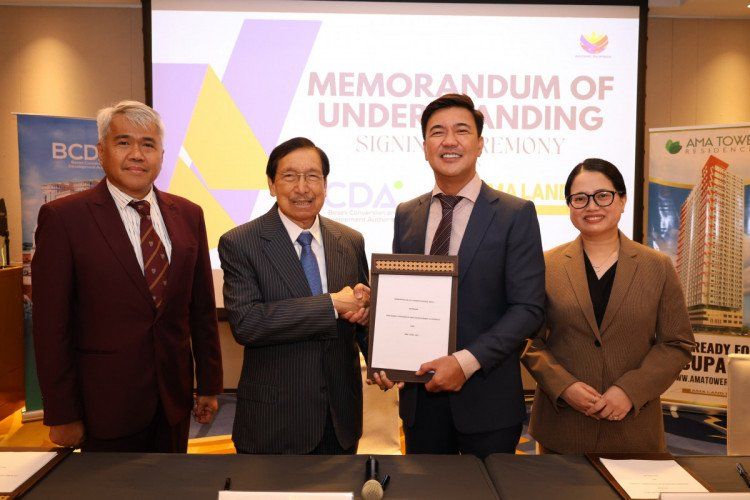Officials, NCIP seek review of IPRA section excluding ancestral land claims in Baguio
Art Dumlao — January 24, 2025
Officials, NCIP seek review of IPRA section excluding ancestral land claims in Baguio
BAGUIO CITY (January 21, 2025) – The 14-member Baguio City Council and the National Commission on Indigenous Peoples (NCIP) in the Cordillera agreed to craft a joint resolution seeking Congress to repeal Section 78 of Republic Act No. 8371 (Indigenous Peoples’ Rights Act of 1997 or IPRA Law), seen as “discriminatory against Baguio’s indigenous peoples (IPs).”
Section 78 of the IPRA mandates that Baguio City will continue to follow its own Charter and that lands declared as part of the city’s townsite reservation will stay that way unless a new law changes their classification.
Such section 78 further stipulates that any land rights or titles that were recognized or granted through court decisions, administrative actions, or other legal processes before IPRA took effect will remain valid. However, this rule does not apply to areas that became part of Baguio City after IPRA was enacted.
According to city officials as concurred also by the NCIP, section 78 of IPRA is contentious as it creates a special exception for Baguio City by limiting the application of Certificates of Ancestral Land Titles (CALTs) which are intended to protect IPs’ ancestral land rights, thus creating a legal conflict which denies IPs in Baguio the same protections afforded elsewhere.
City councilor, veteran human rights lawyer Jose Molintas, a former appointed expert of the United Nations on Indigenous Peoples Mechanisms, believed, “this is a deeply ironic situation given that Baguio is the birthplace of the Mateo Carino Doctrine which upholds the rights of IPs to their ancestral lands.” He even cited Section 78 as the primary source of the legal challenges faced by ancestral land claimants in the city, noting that it has been referenced by courts to restrict the NCIP from issuing CALTs and Certificates of Ancestral Domain Titles (CADTs) within Baguio as well as to invalidate previously issued CALTs and CADTs.
Molintas further said this provision goes against the principles of justice, non-discrimination, and equality from the United Nations (UN) Declaration on IPs’ Rights.
City officials' position on Section 78 of the IPRA aligns with the sixth recommendation of the NCIP to the City Government of Baguio, as expressed by lawyer Brian Dongayao. The NCIP lawyer hoped that Baguio City's incoming congressional representative will propose amendments to the provision.
While Councilor Peter Fianza emphasized that addressing ancestral land claims in the city is “a race against time.” While claimants await recognition of their lands, these areas are being converted into reservations or identified for various government needs at national, city, and barangay levels, he cited.
Fianza said the matter is urgent because by the time amendments to Section 78 are implemented, ancestral lands may have already been altered or repurposed.
City officials and the NCIP also agreed on the need for a resolution supporting previously issued CALTs and CADTs with no legal issues. Vice Mayor Faustino Olowan suggested that the NCIP issue a resolution recognizing these ancestral titles as equivalent to those granted by other agencies, thereby allowing the city government to grant permits.
The NCIP said it is supporting Olowan’s suggestion, emphasizing that ‘CALTs not declared void by the Supreme Court should be presumed regular’. Ancestral lands within the Baguio Townsite Reservation should be treated as private property, granting them the same rights and privileges as other titled properties, NCIP officials here agreed.
The NCIP presented a map outlining ancestral land claims, the Happy Hallow Ancestral Domain, and approved registered CALTs, along with various proclamations and reservations.
With huge challenges faced by IPs in Baguio, city officials and the NCIP agreed to create a technical working group (TWG) composed of representatives from the NCIP, DENR, City Government of Baguio, and other concerned agencies that will explore possible options and solutions for recognizing and protecting ancestral lands amidst an intersection of local and national laws.




